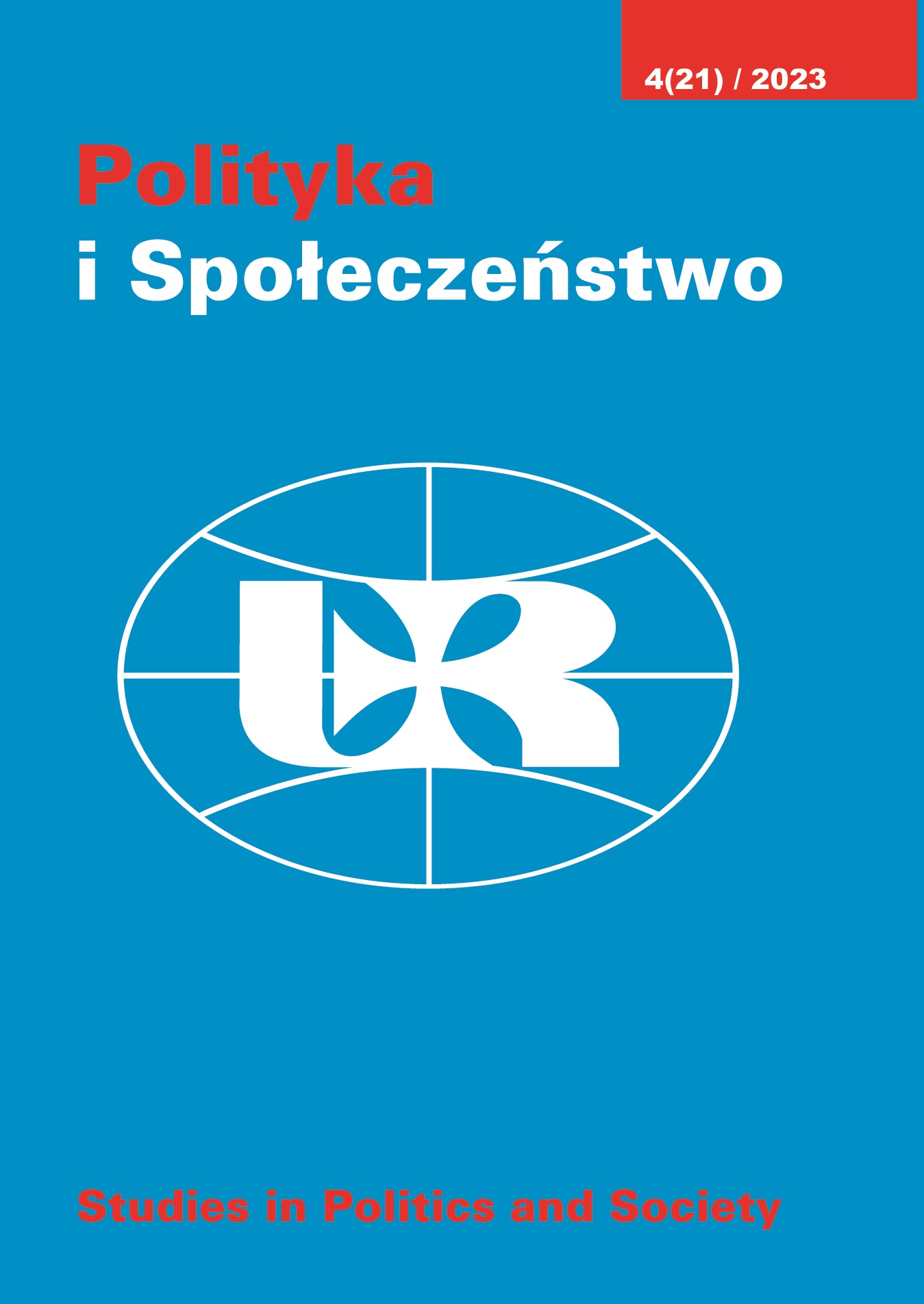"The Hyphen War" as an example of a Czech-Slovak dispute over the name of the state and national symbols
DOI:
https://doi.org/10.15584/polispol.2023.4.28Keywords:
„the Hyphen War”, Václav Havel, Czech Republic, Slovakia, national symbolsAbstract
The Velvet Revolution of 1989 initiated a process of transitions in Czechoslovakia. One of the elements that had to be regulated was the change of the name of the state and the national symbols. This seemingly easy task turned into a conflict that went down in history as the „Hyphen War”. The article attempts to answer the questions of what factors determined the fact that this seemingly simple process of determining the name of the state became a consequently a conflict that was difficult to resolve? How was a compromise reached? What were the implications for the Slovak political scene? The study is based on several assumptions. The dispute over the name of the state showed how President Václav Havel's ill-considered decision led to an escalating conflict in which compromise was difficult to achieve. While for the Czechs the name of the state without the hyphen was not so important and was significant because of its reference to the tradition of the inter-war period, for the Slovaks the hyphen was a symbol of the equality of the two nations. Finally, the „Hyphen War” had important consequences for the Slovak political scene. The decision analysis method was applied in the study.
Downloads
Published
How to Cite
Issue
Section
License
Copyright (c) 2024 Polityka i Społeczeństwo

This work is licensed under a Creative Commons Attribution-ShareAlike 4.0 International License.


